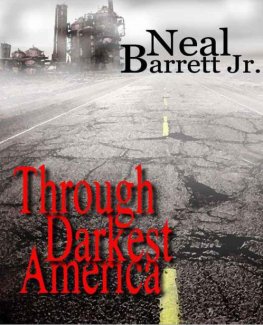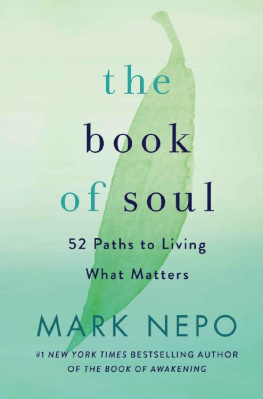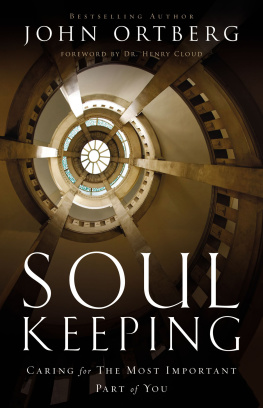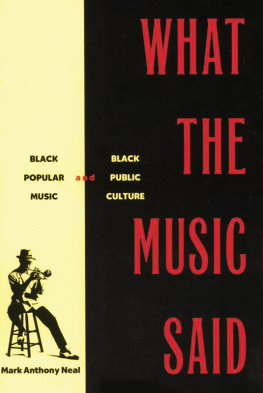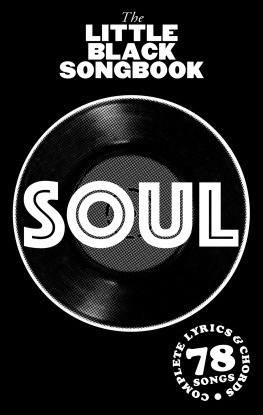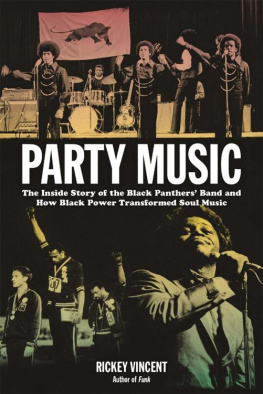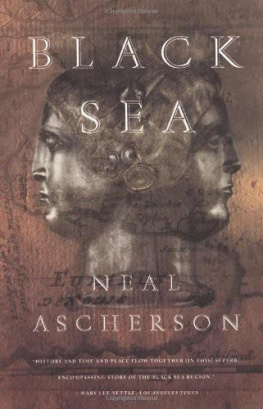Published in 2002 by
Routledge
270 Madison Ave,
New York NY 10016
Published in Great Britain by
Routledge
2 Park Square, Milton Park,
Abingdon, Oxon, OX14 4RN
Routledge is an imprint ofthe Taylor & Francis Group.
Transferred to Digital Printing 2010
Copyright 2002 by Routledge
All rights reserved. No part of this book may be reprinted or reproduced or utilized in any
form or by any electronic, mechanical, or other means, now known or hereafter invented,
including photocopying and recording or in any information storage or retrieval system,
without permission in writing from the publisher.
"A Lesson in Deterioration, " copyright 1997 by Jason Randall Smith. Reprinted by
permission of the author.
An earlier version of chapter 4 appeared in Black RenairsancdRenaissance Noire (vol. 1, no.
3, spring/summer 1998) as "It Be's That Way Sometimes 'Cause I Can't Control the
Rhyme: Notes from the Post-Soul Intelligentsia."
An earlier version of the epilogue was published in Commonquest Magazine (vol. 3, no.
3/vol. 4, no. 1) as "The Hip Hop Nation on Campus."
Library of Congress Cataloging-in-Publication Data
Neal, Mark Anthony.
Soul babies : Black culture and the post-soul aesthetic / Mark Anthony Neal.
p. cm.
Includes bibliographical references and index.
ISBN 0-415-92657-2 (alk. paper) - ISBN 0-415-92658-0 (pbk.)
1. African American-Intellectual life. 2. African Americans in popular culture. 3.
Popular culture-United States. 4. African Americans-Social life and customs. 5. Soul
music-History and criticism. 6. African Americans-Race identity. I. Title.
E185.615 .N35 2001
305.896'073--dc21 2001020490
Publisher's Note
The publisher has gone to great lengths to ensure the quality of this reprint
but points out that some imperfections in the original may be apparent.
Dedicated to
my parents, Arthur Cleveland Neal and Elsie Eleanor Neal,
my wife, Gloria Taylor-Neal,
and my daughter and Soul Sista,
Misha Gabrielle Neal (the Baby-Girl Diva)
And in memory of
Frankie the Chief Rocker Crocker
Helen Martin
Beah Richards
Curtis Mayfield
Grover Washington Jr.
Roebuck Pops Staples
Stanley Turrentine
Whitman Grady Mayo
Preface
The SUNY-Albany campus where I teach is roughly a twenty-minute drive from my home in Schenectady, New York. As my daughters preschool is a scant three minutes away from the campus, I basically carry the bulk of day-care duty. The daily drives have allowed my daughter and me a kind of one-sided sharing, as she is subjected to my diverse listening taste and my need for daily doses of Tom joyner in the Morning, a nationally syndicated drive-time program hosted by the self-described fly-jock jock and featuring a host of characters like newswoman Sybil Wilks, comedians J. Anthony Brown and Myra J, and Tavis Smiley, with his twice-weekly commentary. Because my home life over the last two years has essentially been taken over by this now-two-and-a-half-year-old girl, who we affectionately, and on more than few occasions derisively, call the baby-girl diva, the time that I spend in my ten-year-old Honda, with or without my daughter, is special; its almost the only time I get to listen to my music. As I shuttle back and forth from day care to campus and the local Starbucks, where I do much of my writing and reading, my car has become my second home base. So as I got deep into this project, it was not unusual to find stacks of books, CDs, and videotapes sprawled across the backseat, along with box juices, stray Fig Newtons, and an army of childrens toys and books, ranging from the Nathans hot-dog man (yes, there is such a thing) to a toy cell phone (absolutely a necessity for a small child with a particular affinity for your cell phone) and board books written by quilter Faith Ringgold.
It was during one of these morning sojourns that my daughter, who already has distinct taste in shoes, music (she prefers Ray Charles to Stevie Wonder), and reading material, reached over into my book bag and pulled out my copy of Fred Jamesons Postmodernism; or, The Cultural Logic of Late Capitalism, opened it and proceeded to read aloud, Blah, blah, blah, blah. Now my daughter, who was three months short of two years at the time, obviously couldnt read yet, though she had already begun to refer to writing, be it in her favorite Hand, Hand, Finger, Thumb book or on signs in the supermarket, as ABCs, so her comments about Jamesons book struck me as a distinct commentary on her part, as if she knew it was some esoteric and inaccessible stuff (I wanted to use another word). Hell, many folks have picked up Jamesons book and a host of others like it and felt compelled to voice the same thoughts, but therein lies the challenge of this project. Though I have never claimed to be a postmodern critic, I have been struck by the few occasions when fellow African-American scholars have referred to me as such. I was ambushed at the national meeting of a black studies organization a few years ago by a group of decidedly Afrocentric scholars who wanted me to explain my affinity for postmodernism after I presented a very early version of of this book. Shortly thereafter, as I began to shop my first manuscript, What the Music Said, to various publishing houses, at least two responded that it seemed postmodern. Since then I have come to accept my fate, which can be reduced to the crass logic, If it quacks like a duck, then its a duck. It is my desire with this project to use postmodern insights to illuminate the presentation of black life and culture, particularly within the realms of popular and mass culture; but to do so in a language (fat chance) that is accessible and readable to the publics that I am politically committed to, while employing examples that are recognizable within those same and other publics. Using the prism of what I call a post-soul aesthetic, I hope to achieve this.
It is this desire for accessibility that perhaps led me to use R. Kelly as the focal point for my illumination of the post-soul aesthetic in . Though Kelly is a fine singer and even finer songwriter and producer, he has also been a lightning rod for criticisms of how vulgar contemporary black popular music has become, as witnessed in ditties like Sex Me and Bump and Grind. While some may excuse certain antics among so-called gangsta rappers because they are thugs, Kelly is more disconcerting to some, because it is so clear that this boy loves his mama and that he came up in the Chuch. But my interest in Kelly is based on those very contradictions; the same artist who has penned his generations first standard, I Believe I Can Fly, he is so clearly a student of the soul man tradition that he regularly channels the likes of Charlie Wilson, Lenny Williams, and Jeffrey Osborne. His latter talent is notable because Wilson, Williams, and Osborne are not household names, in comparison to the regular rent-an-R&B-vocalists who think they are the next Marvin Gaye. For years I have been bouncing my opinions about R. Kellys significance to my best friend Frank Paul Jr., himself a music critic for a international news service, only to have him regularly question the state of my sanity. I mentioned, for example, how useful I found one of Kellys most recent singles, I Wish, where he brings his artistry full circle to Sam Cooke, creating an aural space where one could imagine the late father of male soul singers riffing, Come on and braid my hair. In classic style, Frank responded that Sam Cooke would have never appeared in the video for the song shoving his mug into the camera while sipping on Kristal. Of course Frank is right, but it is the very broaches of acceptable public behavior in the work of Kelly or in Eddie Murphys The PJs that I want to recover in this project and translate into meaningful and useful critiques of contemporary black life.



